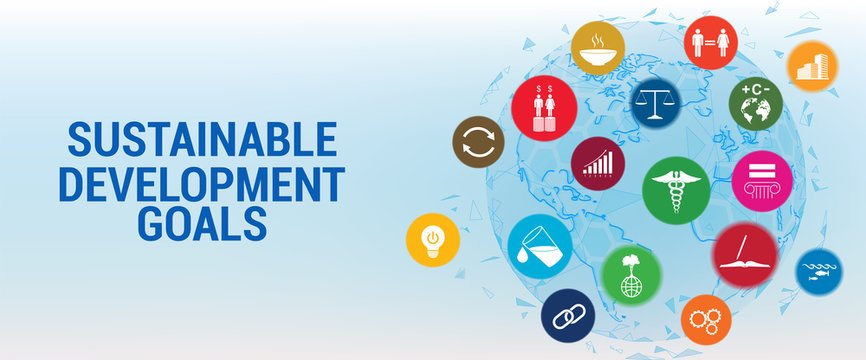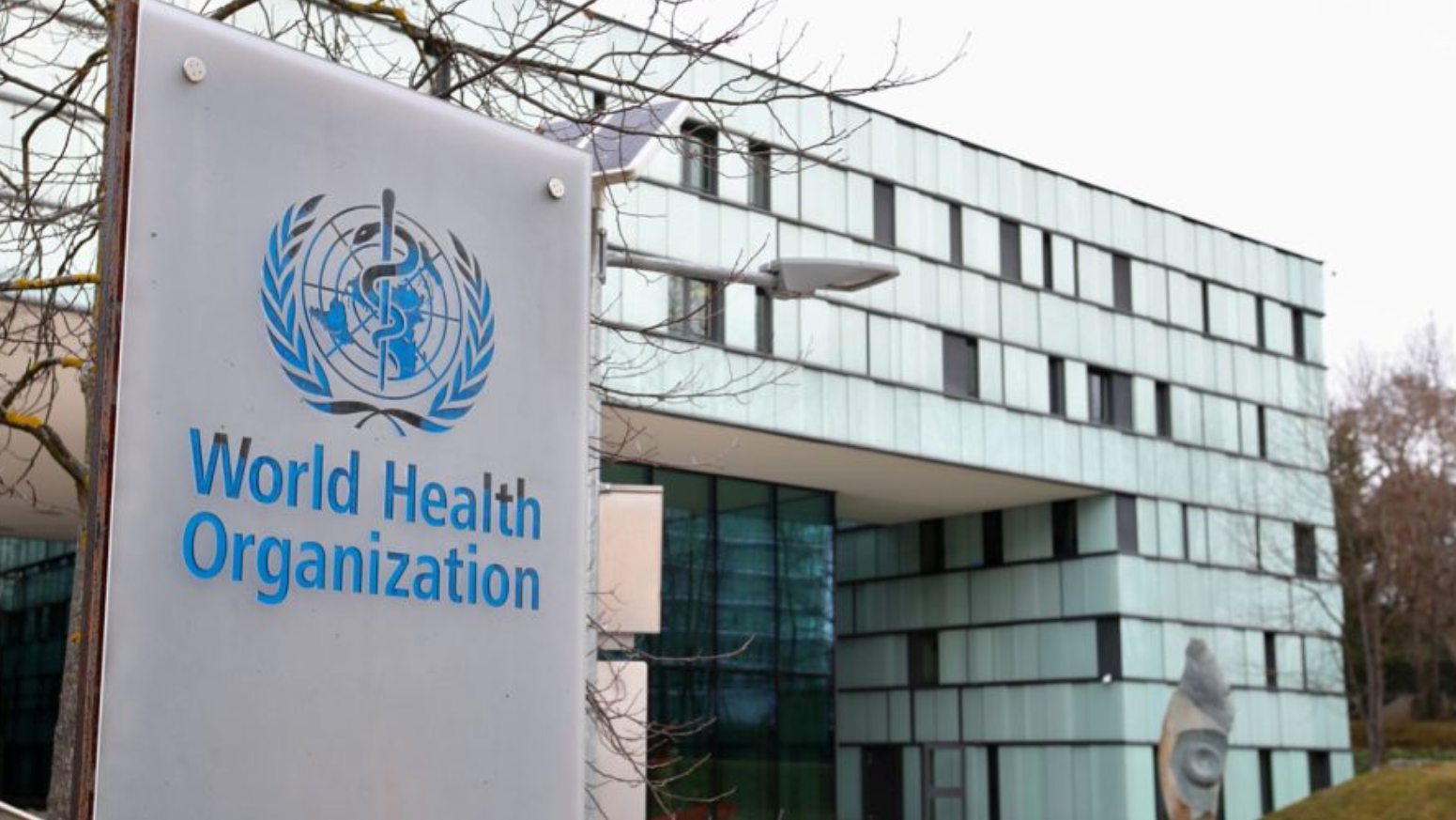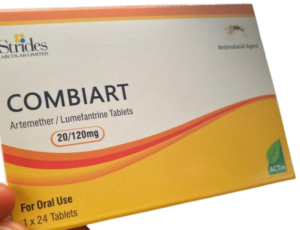The World Health Organization (WHO) estimates that around 846 million people aged between 15 and 49 are living with genital herpes infections – more than 1 in 5 of this age group globally.
According to new estimates released on Wednesday, at least 1 person each second, 42 million people annually is estimated to acquire a new genital herpes infection, with an annual economic burden of $35 billion globally.
While many individuals experience no or few symptoms, WHO reveals that over 200 million people suffered at least one symptomatic episode in 2020.
These episodes often involve painful sores and blisters, requiring frequent healthcare visits.
“New treatments and vaccines are needed to reduce adverse health effects of the herpes virus and control its spread,” states a study published in Sexually Transmitted Infections.
Significant health and economic impacts
Earlier this year, a new study showed that genital herpes infections not only cause significant health impacts but also major economic costs amounting to an estimated US $35 billion a year globally through healthcare expenditures and productivity loss.
“While most people with a genital herpes infection experience few symptoms, with so many infections genital herpes still causes pain and distress for millions globally and strains already overburdened health systems,” said Dr Meg Doherty, Director of Global HIV, Hepatitis, and Sexually Transmitted Infections Programmes at WHO.
Dr. Doherty stressed the importance of developing better prevention and treatment options, noting that such are urgently needed to reduce herpes transmission and will also contribute to reducing the transmission of HIV.
Complications and dual infections
Currently, there is no cure for herpes, though treatments can alleviate symptoms. Serious complications, such as neonatal herpes—a rare condition transmitted from mother to child during childbirth—are possible in some cases.
Genital herpes is caused by two types of herpes simplex virus (HSV), HSV-1 and HSV-2. Estimates show that 520 million people had genital HSV-2 infections in 2020. HSV-2 is particularly concerning as it causes 90% of symptomatic episodes, is more likely to recur, and is linked to a three-fold increased risk of acquiring HIV.
Additionally, 376 million people are estimated to have had genital HSV-1 infections in 2020, with 50 million of them also co-infected with HSV-2.
Addressing stigma and expanding research
“Stigma around genital herpes means it has been discussed too little, despite affecting millions of people globally. Not enough has been done to address this common infection,” said Dr. Sami Gottlieb, WHO Medical Officer and co-author of the report.
- She emphasized that expanded research and investment in developing new herpes vaccines and therapies, and their equitable use could play a critical role in improving the quality of life for people around the world.
- WHO recommends that individuals with genital herpes symptoms undergo HIV testing and, if needed, pre-exposure prophylaxis for HIV prevention.
- Aligned with its Global Health Sector Strategy on HIV, viral hepatitis, and sexually transmitted infections for 2022-2030, WHO continues to raise awareness about genital herpes, improve access to antiviral treatments, and promote integrated HIV prevention efforts.
The agency is also advancing research and development for innovative prevention and control tools, including vaccines, treatments, and topical microbicides.











